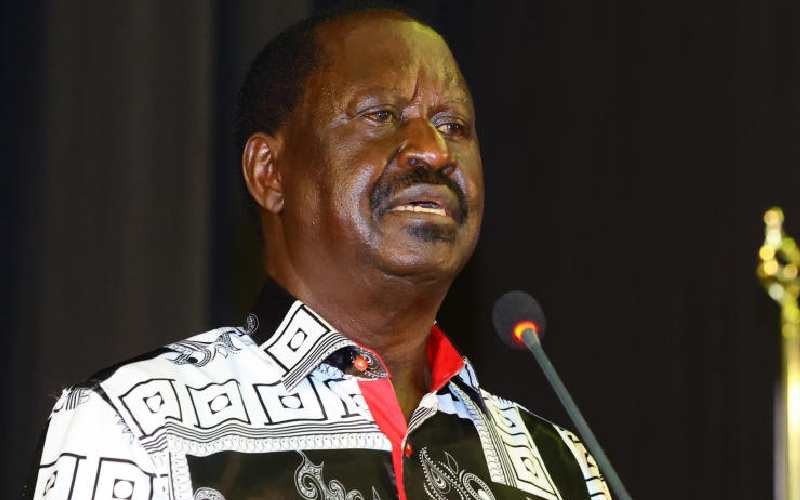×
The Standard e-Paper
Stay Informed, Even Offline

Raila Odinga when he addressed the media at KICC immediately after filing the election petition seeking to nullify the presidential election at the Supreme Court on August 22, 2022. [Kelly Ayodi, Standard]
In July 2020, Siaya Senator Oburu Oginga stirred the nation with remarks that his brother Raila Odinga had secured the support of the "system" in his quest to succeed retired President Uhuru Kenyatta, making the journey to State House half completed.